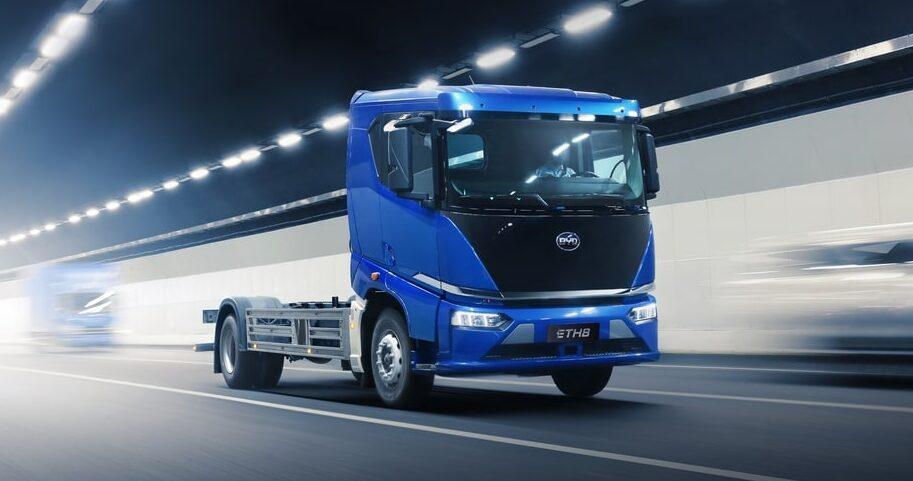The agricultural sector is witnessing a significant shift toward lasting farming practices with the emergence of electric tractors. These zero-emission vehicles represent a breakthrough in farm mechanization, combining traditional functionality with environmental consciousness. As global agriculture faces mounting pressure to reduce its carbon footprint, electric tractors offer farmers a viable alternative to conventional diesel-powered machinery, while maintaining the power and reliability necessary for demanding farm operations. The agricultural landscape is undergoing a significant change with the emergence of battery-powered farming equipment. These innovative machines combine robust performance with environmental consciousness, marking a departure from traditional diesel-dependent machinery.
Modern electric tractors feature high-capacity lithium-ion batteries that can operate for 5-8 hours on a single charge, suitable for most daily farming operations. The powertrain system delivers instant torque, enabling smooth operation across various terrains and tasks, from plowing to harvesting.
Farmers benefit from reduced operational costs, as electricity proves more economical than diesel fuel. Maintenance requirements decrease significantly due to fewer moving parts and the elimination of oil changes, fuel filters, and complex engine components. This translates to less downtime and increased productivity during critical farming seasons.
These vehicles operate silently, minimizing noise pollution that typically affects livestock and local wildlife. The absence of exhaust emissions creates a healthier working environment for farmers and helps preserve soil quality by eliminating harmful particles that can affect the microbiome.
Advanced features include GPS guidance systems, automated steering, and precision farming capabilities.Smart monitoring systems provide real-time data on battery levels, power consumption, and performance metrics, enabling farmers to optimize their operations effectively.The charging infrastructure continues to evolve, with manufacturers offering various solutions. Solar-powered charging stations allow farms to become energy autonomous, while rapid-charging technology reduces downtime between operations. Some models feature swappable batteries,ensuring continuous operation during intensive farming periods.
Initial investment costs remain higher compared to conventional tractors, but government incentives and reduced operating expenses often result in favorable long-term economics. The return on investment typically occurs within 3-5 years, depending on usage patterns and local energy prices.
These machines demonstrate extraordinary performance in specialized applications like indoor farming operations, orchards, and vineyards, where zero emissions are especially valuable. Their precise control systems enable careful maneuvering in tight spaces, protecting valuable crops and infrastructure.
Weather resistance and durability match conventional tractors, with sealed electrical systems designed to withstand dust, moisture, and varying temperatures. Manufacturers are incorporating regenerative braking systems that capture energy during deceleration, extending operational range.
The technology continues to advance, with newer models featuring increased battery capacity and enhanced power output. Integration with other smart farming technologies creates thorough agricultural management systems, optimizing resource usage and improving yields.
As the agricultural sector adapts to environmental challenges and economic pressures, electric tractors represent a practical solution for sustainable farming practices. Their adoption signifies a shift toward cleaner, more efficient agricultural operations while maintaining the robust performance requirements of modern farming.


